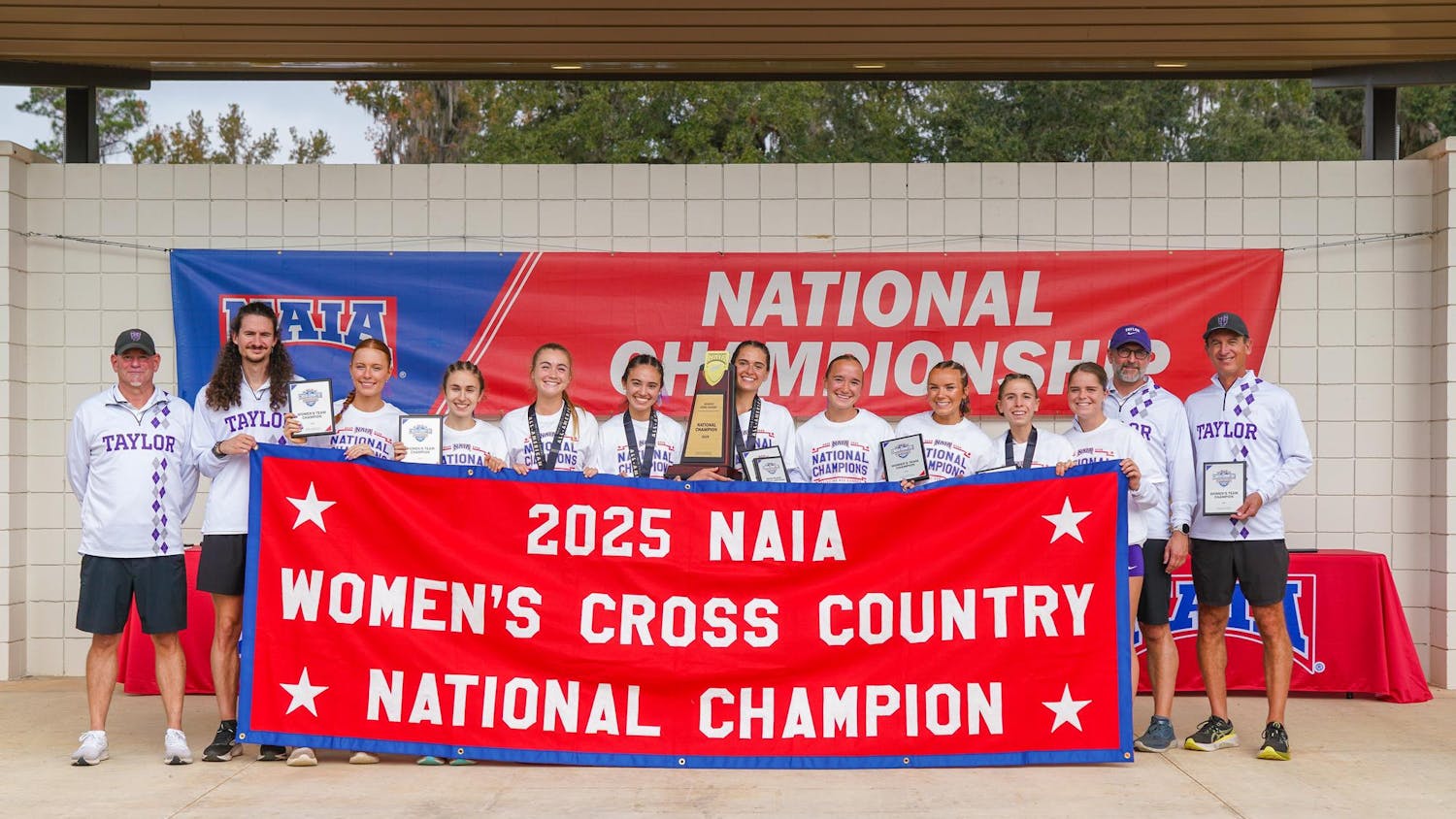 By Bree Bailey | Contributor
By Bree Bailey | Contributor
Raging conflict and continuous earthquakes have left hundreds of thousands in desperation.
On Feb. 26, a 7.5 magnitude earthquake shook Papua New Guinea (PNG) to the core. Since that day, over 200 more aftershock tremors have occurred.
This constant state of insecurity has heightened the already dire circumstances locals are facing. Not only are the physical foundations crumbling, but the political ones as well. Currently, tribes within the nation are at war, catching thousands in the crossfire.
"It is children who are witness to this and sometimes even become involved in it, either as victims in some cases - when they're shot or they're slashed - or sometimes the men put the weapons in the hands of children," said Karen Allen, UNICEF representative to PNG.
Some children as young as 10 are expected to join the conflict and are trained to kill. These disorienting experiences are leaving children without a home, family or food, causing immense psychological trauma.
"Psychological damage among children should not be overlooked," Allen said. "It can have a negative impact on brain development, mental health and overall wellbeing in the long run."
Currently, over 270,000 locals are in desperate need of aid, and around 20 percent of those require psychological help.
On top of this, for many, the last remains of homes and hopes for growing food crumbled before their eyes. Those who were already vulnerable to vicious attacks and abuse now have double the previous risk after the earthquake broke their land.
"If things from the earthquake get worse(,) and the fighting doesn't stop(,) there will be a famine here," said Agnes Havalu, the president of the Hoiebia United Church women's committee.
As if starvation and war weren't bad enough, rape - which was previously a taboo in the country - has now become a common aspect of tribal conflicts.
"I was raped and severely beaten on my face," said Mary, a local in PNG. "More than 24 men raped me so I could hardly walk."
Various aid organizations are trying to step in and help these people, but the constant conflict makes entry extremely difficult and dangerous. The Australian government has stepped in to establish "safe spaces" for women and children running from the atrocities. Counseling and health care services are also provided in these areas.
The PNG country director for U.N. Women, Susan Ferguson, stated that it is vital for the tribes to establish long-term peace-building initiatives in order to end the conflict. Pray for opportunities for aid organizations to help these hopeless people and incorporate peacemaking initiatives from within.




